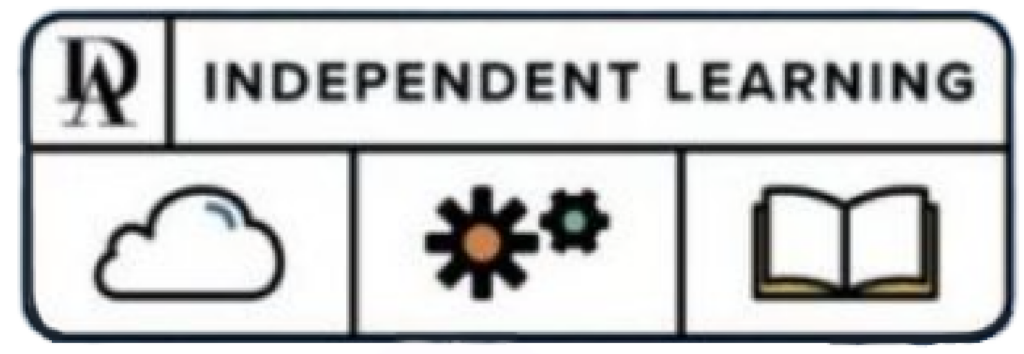Welcome to some Autism Diagnosis 101, rather than focusing on the DSM criteria, this page talks about what diagnoses mean to autistic people, and the intricacies around receiving or pursuing a diagnosis.
Why are diagnoses celebrated?
Many neurotypicals express confusion when autistic people show signs of excitement or joy upon receiving a diagnosis (whether formal or self-diagnosed) due to prevalent ableism and misconceptions about autism furthered by harmful organizations and lack of education.
However, many autistic people have shared how, before their diagnosis, they were convinced they were broken or even secretly an alien from another planet because they couldn’t seem to fit into and cope with neurotypical life the way everyone around them did. Learning they are autistic helped provide an explanation and a community that made them feel not alone and validated for existing in a neurotypical world the way they did—in other words, they weren’t broken or wrong, their brains just worked differently, and the process and validation of a diagnosis helped show them that!
So, yes, while autistic people are autistic before and after a diagnosis, many have expressed that there is a clear difference in the way that they begin to see themselves, and so learning about their neurodivergence can be a crucial step in avoiding augmented mental health struggles.
Pros/Cons
Something that I learned recently is that there are actually many pros and cons to getting an official diagnosis for one’s autism, causing many autistic people to remain self-diagnosed (which the autistic community has shown avid support for since many are self-diagnosed and neurotypical institutions are not built to accurately reflect or provide for neurodivergence).
Pros
- Federally protected again discrimination based on their disability under the Americans with Disabilities Act (applicable for autistics in the US)
- Accommodations are provided and federally protected
- Self-validation — while self-diagnoses can provide significant validation, receiving that diagnosis from a medical professional in an “official” manner can often help ease the anxiety and self-doubt that comes with self-diagnosis
- Validation from family/friends — self-diagnoses are not commonly viewed as credible by neurotypical loved ones, despite the amount of research and accuracy that may go into them, and so a formal diagnosis is often the only way to have one’s autism recognized (and maybe accommodated) by family/friends
- Access to therapies that may help with things like de-masking (however, these might not be available in your area and many of them aren’t actually therapies seeking to help autistic people, but rather “behavior therapies” that seek to “train the autism” out of a person)
Cons
- Very expensive — there are huge disparities in terms of autistic people who are able to access a diagnosis; due to the high costs of receiving one, many may not be able to or may choose not to get an expensive diagnosis, especially since it might just confirm what they already know about themselves
- May not be available in your area
- May have to fight for accommodations even if they are federally protected
- May still be discriminated against anyways
- Many countries, including the UK, Australia, and New Zealand, don’t allow autistic people to immigrate, or it may be significantly harder to acquire visas
- Significant barriers to having or adopting children
- The diagnosis process can be traumatizing
- Many professionals are still extremely poorly educated about autism and may subscribe to outdated and harmful conceptions of it
- This can lead to traumatizing appointments and even misdiagnosis—many autistic people, especially minorities like women or people of color, are diagnosed with several other disabilities, like ADHD (which is often a sister disorder with autism), OCD, personality disorders, and more, due to racist and misogynistic perceptions of these groups as naturally “crazy” or “wrong”
- Depending on the political climate at the time, the rights of disabled people in countries like America might shift (a prominent fear for many formally diagnosed autistics after Roe v. Wade was overturned and laws protecting several other minorities were threatened by governmental figures)
Parents
Some advice for parents if their kid receives an autistic diagnosis, taken from the speaker at Guilford College’s DEI conference session on Neurodiversity and Self-Advocacy/Disclosure.
- Don’t hide the information
- Share accurate information and presume competence
- Use developmentally appropriate language and concepts to explain
- Normalize disability in your household
- Be affirming
- When interacting with non-family neurodiverse people—allow space to be curious and ask questions BUT know your relationship with that person and don’t ask invasive questions because neurodivergent individuals don’t owe you that just by existing 🙂
- the speaker talked about how some parents just want to know what’s best for their kid, but end up making the neurodiverse people really uncomfortable because they are just regular people and don’t know all the answers and don’t owe you personal details about their life

